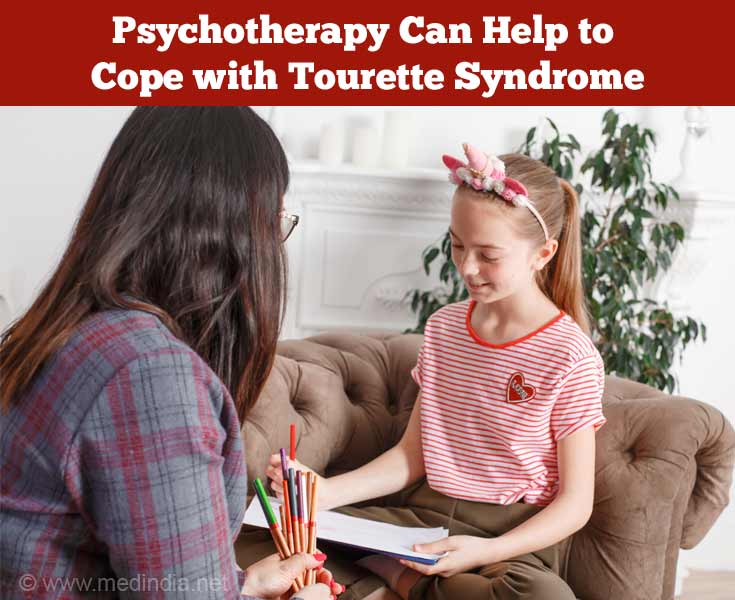- Treatment of Tourette Syndrome - (https://www.ncbi.nlm.nih.gov/pmc/articles/PMC3899474/)
- Pharmacological options for the treatment of Tourette's disorder - (https://pubmed.ncbi.nlm.nih.gov/11772131/#:~:text=The%20drugs%20of%20choice%20for,been%20found%20to%20be%20useful.)
How is Tourette Syndrome Treated?
Tourette Syndrome is chronic but treatment for Tourette Syndrome (TS) is not required for most people. Affected individuals have a normal life span.
Tourette Syndrome (TS) symptoms disappear on their own with time and hence most people do not require treatment for tics unless there is serious impairment or if there is a compromise in the quality of life.
For those who require it, neuroleptics are the most effective medications for tic suppression. However these medications have side effects such as cognitive dulling, tremors, sedation, involuntary movements and weight gain.
There is no single medication that can be used uniformly to control tics by all the affected people.
Other useful medications include alpha-adrenergic agonists such as clonidine and guanfacine().
Stimulants such as methylphenidate and dextroamphetamine can reduce ADHD symptoms in those with Tourette Syndrome (TS) although it is not recommended for children or for those with a family history.
For obsessive-compulsive symptoms that significantly disrupt daily functioning,
Serotonin reuptake inhibitors (clomipramine, fluoxetine, fluvoxamine, paroxetine, and sertraline) are effective in controlling symptoms(7✔ ✔Trusted Source
Pharmacological options for the treatment of Tourette's disorder
Go to source).
Psychotherapy can help those with Tourette Syndrome (TS) to cope with the disorder.

There is no cure for Tourette Syndrome (TS) and the condition is chronic and life-long; however, it does not impair one’s intelligence and is not degenerative.
Tourette Syndrome (TS) affected individuals have a normal life span and the symptoms improve with age. Many people become symptom-free and may no longer require medications.
However there is a possibility of these people falling prey to depression, panic attacks, mood swings, and antisocial behaviors which may in turn affect the quality of adult life in them.









